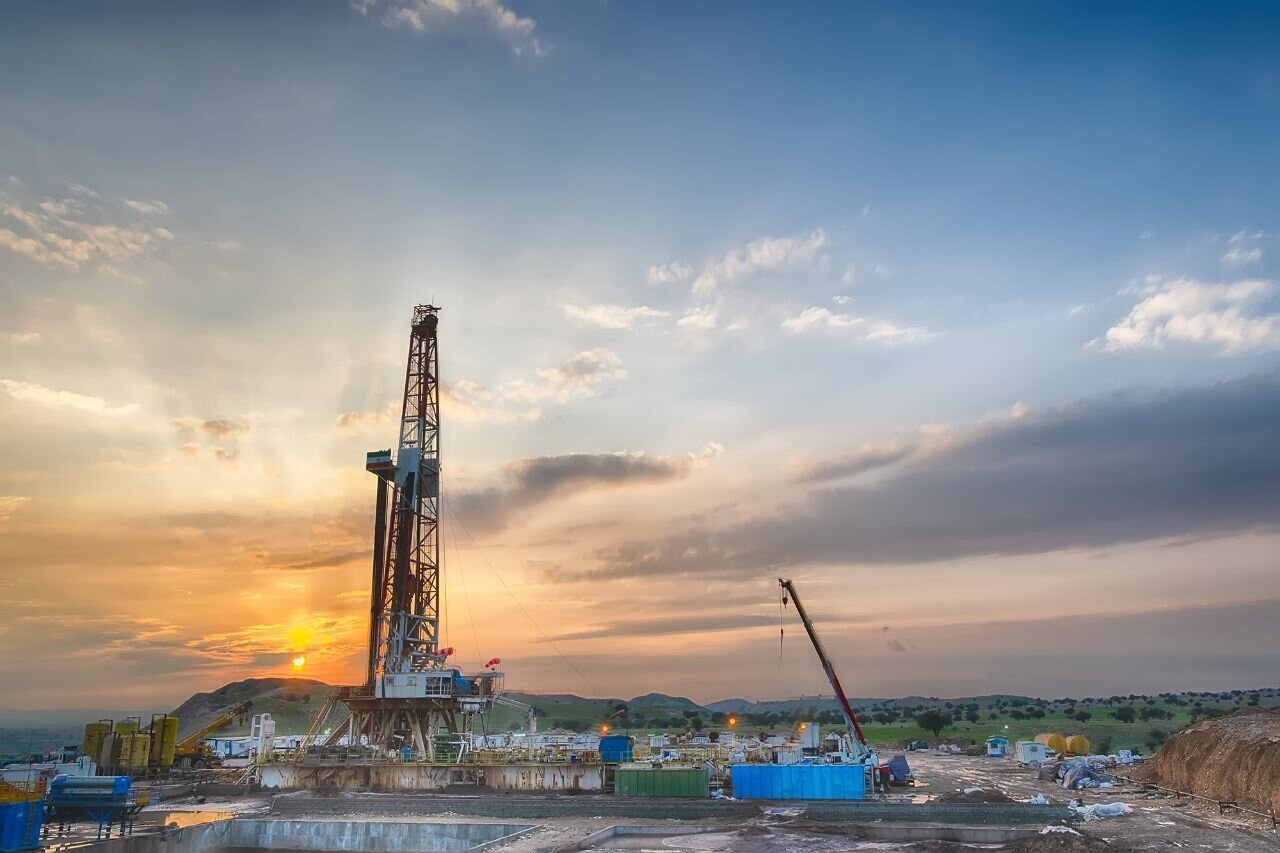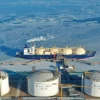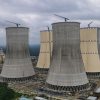A senior oil expert stated that “power in the oil market comes from the wellhead,” adding that vast hydrocarbon reserves, until they reach the production and exploitation stage, are merely potential capacity and lack operational economic value.
Fereydoun Barkeshli, a senior oil expert, referring to the discovery of oil in Masjed Soleiman, Iran, on May 26 (5th of Khordad), said this event marked the beginning of a new era of economic and social transformations in Iran. At that time, Iran’s population was about 10 million, and the literacy rate was less than 5%.
He noted that oil was Iran’s first modern industry and that prior to this, there was no industry with automation capabilities in the country. Although the British tried to keep their operational methods hidden from Iranians, gradually Iranians became familiar with some of the working principles.
This energy market analyst added that the emergence of oil and the limited financial resources it brought gradually became the source of significant changes in Iran’s economic and social spheres. In other words, the first automation activities in the country’s south gradually spread to other parts of Iran.
Use of Artificial Intelligence to Enhance Energy Sector Activities
Barkeshli emphasized that all aspects of the oil industry are important, including upstream, midstream, and downstream activities. Currently, most oil industry activities worldwide are moving toward the use of artificial intelligence (AI), and much of the discussion revolves around foresight and AI’s role in enhancing energy sector operations.
He stressed that in recent years, the upstream sector had almost been excluded from discussions and debates—not because exploration and extraction activities were unimportant, but because major national oil companies such as Aramco, the National Iranian Oil Company (NIOC), and other major national oil companies in the region have been managing these activities themselves.
The senior oil expert stated that in terms of importance and enhancing Iran’s international oil industry position, capacity building, increasing production, and applying pressure on existing fields are the top priorities. “In oil, power comes from the wellhead. Vast reserves have no real value until they reach the wellhead.”
Presenting a Strong and Attractive Image of Iran’s Oil Industry
Barkeshli referred to the sanctions on Iran’s oil industry and said: “At times, we completely denied the negative impact of sanctions on the oil industry. However, the oil industry has an international nature and cannot grow and develop comprehensively in isolation. Therefore, any serious and meaningful progress requires international cooperation.”
He added: “For this reason, attracting investment and up-to-date global technology, as well as participating in international arenas, is important. This does not mean that lifting sanctions will automatically turn all conditions in favor of our oil industry, but it marks the beginning of a new chapter in the struggle and participation in fierce international competition.”
This energy market analyst noted that recent actions by the Ministry of Oil to present a vivid, attractive, and powerful image of the country’s oil industry are very valuable. “This process needs to be continuous, extensive, and innovative.”
Barkeshli emphasized that everything starts with public relations. “Public relations should help with branding and enhancing the oil industry’s brands globally because the added value of oil companies begins with their brand.”
He recalled that Saudi Aramco announced its Initial Public Offering (IPO) in November 2019 and said: “While studying the behavioral economics of Saudi Arabia’s oil industry, I observed that since late 2016, Aramco’s international moves and behaviors have noticeably changed. The body language and rhetoric of its executives shifted, their presence in international forums increased significantly, and became more up-to-date.”
The Oil Industry Is an International Club
The senior oil expert emphasized: “Current public relations efforts of Iran’s oil sector also send messages to international players. The oil industry is an international club, and oil must be present in this club. Therefore, Iran’s oil messages should be conveyed to the world based on the global language of oil.”
Barkeshli pointed out that Iran’s oil industry has taken important steps relying on its internal capabilities but to achieve goals worthy of its capacity and abilities, it must benefit from international partnerships in the form of capital and technology. The National Iranian Oil Company also needs to increase its international presence. “Since we live in an era of news power and data dominance, public relations shape public opinion.”
He added that the global energy and oil markets are undergoing profound changes, and there is no going back to “normal.” OPEC has passed its 65th anniversary and owes its survival and success to a logical and timely understanding of international conditions. Managers of national oil companies in various countries also need to hold operational meetings within the OPEC framework.
Strengthening International Oil Organizations Considering Global Changes
The senior oil expert noted that some national oil companies have begun initial public offerings and will gradually become accountable to shareholders. Therefore, in countries like the UAE, Saudi Arabia, Nigeria, or Kazakhstan, shareholders demand increased production and market share. “These are some of OPEC’s core considerations for the future and conditions of transformation. Many international organizations will experience different conditions. The emergence of divergence or organizational avoidance in OPEC and international or intergovernmental organizations will not occur; on the contrary, strengthening and consolidating organizations considering global changes is expected.”
Barkeshli stated that the Islamic Republic of Iran, the Gulf countries, and OPEC have collectively realized that global oil consumption will continue for decades, but its share in the global energy basket is declining. “All credible studies show we have only two decades—20 years—to benefit from oil revenues. Therefore, these 20 years are vital for our oil industry.”
He noted that investments in the oil industry, both upstream and downstream, are based on long-term strategies. Investors need to be assured of a long-term security horizon. Therefore, a desire for peace and stability in the Persian Gulf region is evident among all regional countries.
The senior oil expert emphasized that Iran’s oil industry enjoys a privileged position, which is not hidden from international investors. He recalled that in the early years after the collapse of the former Soviet Union and the emergence of newly independent republics, Indian oil companies, which had not yet reached their current level of credibility, insisted on entering the Central Asia and Caucasus energy markets in cooperation with Iran. Today, thanks to its geography, Iran is well-positioned to become a major player in oil and energy.
Source: Shana.ir






